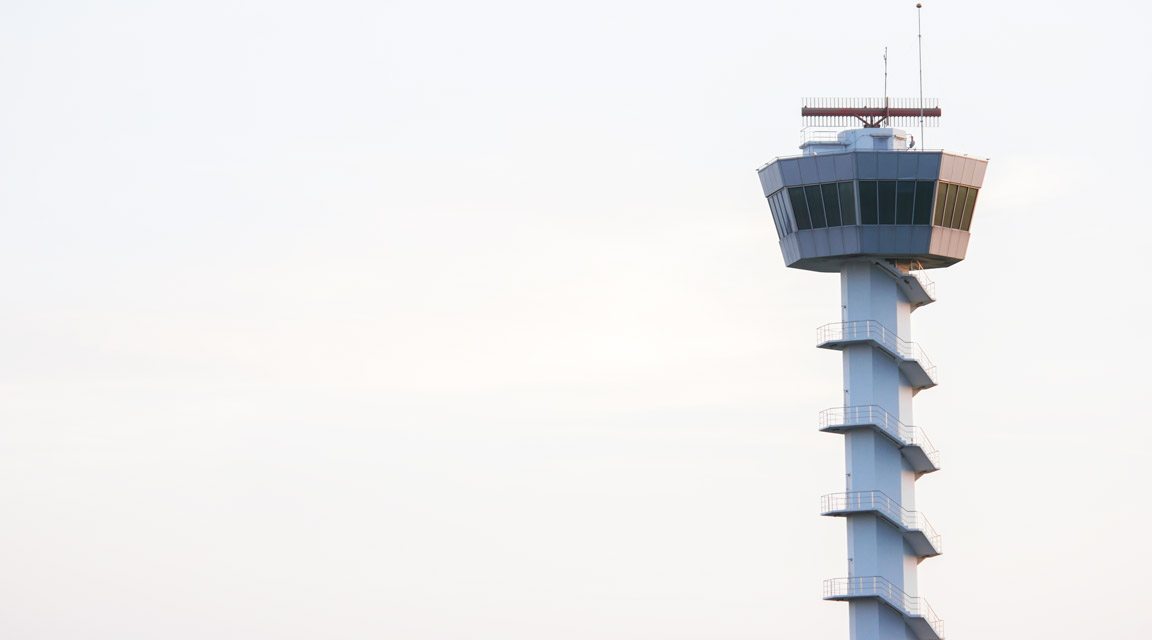

President oversees agreements in aviation, automotive, steel and hydrocarbons sectors
Irans President Hassan Rouhani returned home after a five-day visit to Italy and France, having rubberstamped more than $45bn-worth of deals between Iranian and European companies.
Just over a week after nuclear-related sanctions against the Islamic Republic were suspended by the UN, several European firms revealed agreements that were largely fleshed out in the months leading up to the 16 January Implementation Day.
With US individuals and companies still subject to the remaining US-backed sanctions, European companies appear to have a significant advantage in re-entering the Middle Easts third largest economy.
The largest deal, worth an estimated $25bn, was signed with France-based aircraft manufacturer Airbus on 29 January. Iran Air agreed to buy 118 aircraft including 12 double-deck, wide-body Airbus A380s.
| Agreements between Iran and European firms | ||
|---|---|---|
| Company | Value | Details |
| Airbus | $25bn | Purchase of 118 aircraft |
| Danieli | $6.2bn | Supply of plants and machinery for steel production |
| Saipem | $3.8bn | Upgrading refineries and building gas pipelines |
| Peugeot | $433m | Car manufacturing joint venture with Iran Khodro |
| Total | - | Purchase of oil |
| Aeroports de Paris and Bouygues | - | Construction of new terminal at Imam Khomeini International airport in Tehran |
| Vinci | - | Expand and operate Mashhad and Isfahan airports |
In addition, Airbus has signed an agreement with Irans Minister of Roads & Urban Development Abbas Akhondi to support the development of air navigation services (ATM), airport and aircraft operations, regulatory harmonisation, technical and academic training, maintenance, repair and industrial cooperation.
The deal with Airbus is one of the largest foreign contracts ever signed in the history of the Islamic Republic, Akhondi told reporters after the deal was announced. Wed like to restructure Iran Air and bring it back to the market, [where] it can compete with other airlines in the region. Certainly we can do this within five to seven years.
Frances Vinci Airports has signed a memorandum of understanding (MoU) with the Iranian government to expand and operate two international airports in Iran Mashhad International and Isfahan International. The expansion of the two airports is part of Irans Roads and Urban Development Ministry projects, which were announced in October 2015.
Meanwhile Aeroports de Paris and Bouygues have agreed to assist in the construction of a new terminal at Tehrans main Imam Khomeini International airport (IKIA). In October, MEED reported that the ministry was accepting letters of interest (LoIs) from major firms, including both French companies, for the $2.8bn construction of a second terminal at IKIA.
Peugeot returns
Frances Peugeot Citroen has signed an agreement with Iranian car manufacturer Iran Khodro to form a joint venture to produce vehicles in the Middle Eastern country.
The agreement marks Citroen Peugeots return to Iran after exiting the country in 2012 due to new sanctions. The company sold nearly half a million cars in Iran in 2011.
The second-largest deal signed during Rouhanis visit to Europe came in the steel sector. Italys Danieli has signed agreements with a value of about 5.7bn ($6.2bn) for the supply of plants and machinery for steel production in the Islamic Republic.
Iran is hoping to attract significant overseas interest in its oil and gas sector, which has suffered from underinvestment and a lack of modern technology since international oil companies (IOCs) left the country.
Comprehensive agreements to develop Iranian oil assets are likely to be slower to get off the ground than aviation, automotive and industrial manufacturing as Minister of Petroleum Bijan Namdar Zangeneh has yet to launch the details of the new Iranian Petroleum contract (IPC).
Italian oil and gas contractor Saipem has entered into MoUs with Iran to discuss potential work on refineries and gas pipelines. The agreement includes revamping and upgrading the Pars Shiraz and Tabriz refineries, and cooperating on pipeline projects including IGAT (Iran gas trunk line) 9 and IGAT-11.
Meanwhile French oil major Total signed a contract with National Iranian Oil Company (NIOC) to buy as much as 200,000 barrels a day (b/d) of crude, according to CEO Patrick Pouyanne.
You might also like...

Al Ula seeks equestrian village interest
26 April 2024

Morocco seeks firms for 400MW wind schemes
26 April 2024

Countries sign Iraq to Europe road agreement
26 April 2024

Jubail 4 and 6 bidders get more time
26 April 2024
A MEED Subscription...
Subscribe or upgrade your current MEED.com package to support your strategic planning with the MENA region’s best source of business information. Proceed to our online shop below to find out more about the features in each package.




